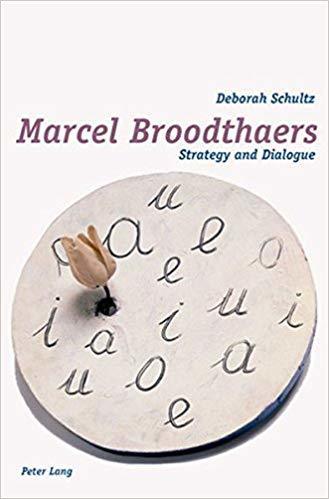The poet and artist Marcel Broodthaers (1924–1976) is widely recognized as a key figure in 20th century art who questioned the nature of art, the role of the artist, the functioning of the museum and of the art market. This book sets out Broodthaers’s strategy for artistic success and examines the dialogue into which he entered with his contemporaries and predecessors in 19th century French poetry, Pop and Conceptual Art, including Stéphane Mallarmé, Charles Baudelaire, Marcel Duchamp and René Magritte. It provides a broad overview of his objects, paintings, films, slides, books and installations, and his focus upon relationships, also central to Post-Structuralist and postmodern theories. The visual qualities of his works, combining the material with the poetic, his wit and irony, are examined in relation to his subtle method of questioning and contradicting, defying conventional systems and definitions. The author explores the wider framing contexts in which things are presented and the geographical context via maps, notions of the voyage and a sense of place. Institutional critique, the artist’s political position and moral responsibilities in society are discussed by analyzing the responses of Broodthaers, Daniel Buren, Joseph Beuys and Hans Haacke to a series of museum events in the early 1970s.
- / Составитель
- / Персоналия
- / Персоналия
- / Персоналия
